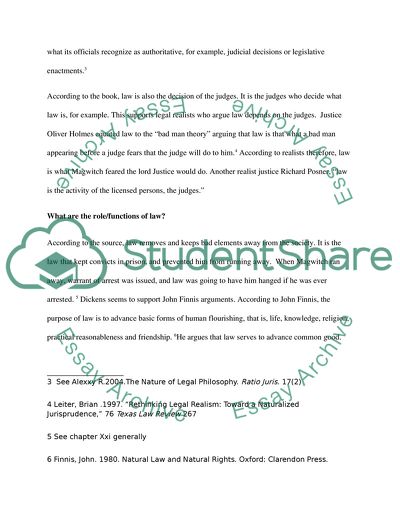Cite this document
(“Jurisprudential Analysis of Charles Dickens The Great Expectation Essay”, n.d.)
Retrieved from https://studentshare.org/literature/1609538-jurisprudential-analysis-of-charles-dickens-the-great-expectation
Retrieved from https://studentshare.org/literature/1609538-jurisprudential-analysis-of-charles-dickens-the-great-expectation
(Jurisprudential Analysis of Charles Dickens The Great Expectation Essay)
https://studentshare.org/literature/1609538-jurisprudential-analysis-of-charles-dickens-the-great-expectation.
https://studentshare.org/literature/1609538-jurisprudential-analysis-of-charles-dickens-the-great-expectation.
“Jurisprudential Analysis of Charles Dickens The Great Expectation Essay”, n.d. https://studentshare.org/literature/1609538-jurisprudential-analysis-of-charles-dickens-the-great-expectation.


